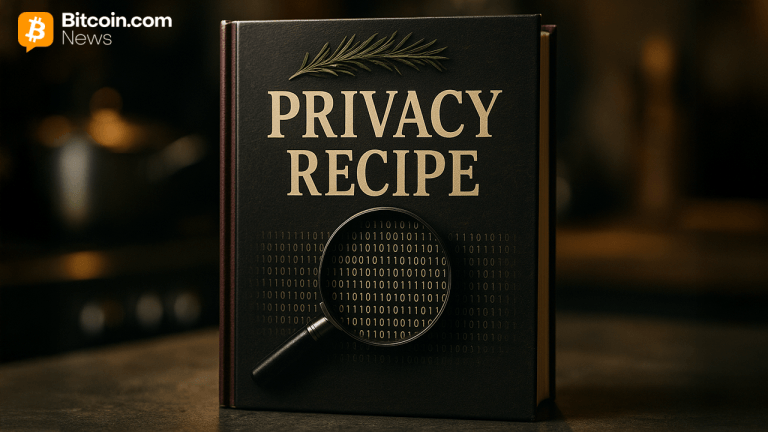University of Iowa, private energy provider settle P3 lawsuit
4 min read

Just weeks ahead of a trial, the University of Iowa and the private operators that took over the university’s utility system agreed to settle dueling lawsuits that were closely followed in the public-private partnership space.
The settlement terms are not yet available on court documents, which note only that each side will pay their own costs and attorney fees.
The agreement resolves “differences of opinion related to certain contractual terms and conditions that govern the 50-year public-private partnership to operate the university’s utility system,” the university said in a July 1 statement. “This binding agreement reflects the university’s and UIEC’s strong partnership and ongoing commitment to the success and stability of the P3 agreement, as well as continued investment in strategic initiatives for campus. It will have no impact on utility costs.”
When
The 50-year lease soured less than three years into the deal when the consortium
The university two months later filed its own lawsuit in district court against the consortium. UIEC dropped its federal suit and countersued in the district court, and the parties later moved the case to the Iowa Business Specialty Court, which is designed to handle business and complex commercial litigation cases through the court system more expeditiously.
Under the concession, UIEC paid the university $1.165 billion upfront to lease the university’s steam, cooling, water and electricity systems for 50 years. The university agreed to make annual payments starting at $35 million, with annual 1.5% increases starting in 2025 that would boost the fee to $68 million after 50 years.
But problems began just months after the deal closed in March 2020, when the parties began to calculate the university’s fee for fiscal year 2021, the
The concessionaire accused the university of seeking to reduce its payment obligations and “chip away at UIEC’s contractual rights,” the lawsuit said. The university, in its lawsuit, disputed the $1.5 million annual “operator fee” and said UIEC is responsible for certain insurance coverage of damage to utility facilities.
The litigation was closely followed in the P3 space, where market participants were first surprised by the size of the $1.165 billion upfront payment and then by the concessionaire’s move to sue the university so quickly, said Karol Denniston, Squire Patton Boggs global projects partner who specializes in P3s.
“It was the sponsor that sued the school first and that’s a pretty aggressive tact to take with a higher education institution that’s not necessarily hugely liquid,” Denniston said.
Denniston said the litigation highlights a deeper problem with many U.S. P3 contracts — the lack of a less-costly dispute resolution process.
“This whole sector is extremely volatile and a lot of things have happened in the higher education space that nobody could possibly have predicted,” Denniston said. “If we’re going to have long contracts like 30 to 50 years, we should have provisions to get the parties to the table before they ever consider filing a lawsuit.”
The P3 processes in the United Kingdom and Canada require some kind of intervention before lawsuits are filed, she noted. In Australia and the Middle East, it’s become more common to appoint a “standing neutral” at financial close, whose job is to help resolve disputes without litigation. No U.S. P3 has yet used that tool, she said.
“We keep trying to convince them to put them into documents, but everybody is more afraid of a standing neutral than a situation like what developed with the University of Iowa,” she said. “We’re more familiar with litigation and the U.S. has a penchant for ‘let’s just throw down’ in the P3 space.”
Even though the terms are not yet public, the settlement remains the best outcome for the parties in the Iowa case, she said.
“A settlement is good news for everybody regardless of the terms, because it’s a 50-year contract and I doubt either side had the money to litigate this to the bitter end,” Denniston said.







